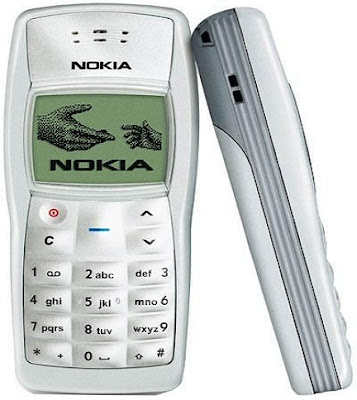Windows XP
On April 8, 2014, Microsoft stopped providing technical support to its popular Windows XP operating system.
And that means that software already does not will be updated on a regular basis, regardless of the security problems that may appear in the future.
However, the cost of adopting more modern alternatives is prohibitively expensive for many users, so it still used the old operating system.
A study done last year by Kaspersky Security firm, for example, found that nearly 40% of the Vietnamese still use Windows XP.
And significant numbers were also identified in China, India, Algeria and other countries.
Another institution that is still using XP is the United States Navy.
But it paid billions of dollars to Microsoft for the privilege to continue receiving security updates for the operating system.
Betamax
Who used still Betamax?
Format lost competition with the VHS in the 1980s, despite being considered by many a better alternative.
But, to the surprise of the world, the format is still marketed in Japan.
Other technologies of the past are also reluctant to disappear despite the existence of new alternatives?
Not Smartphones
Already several years that worldwide sales of smartphones surpass appliances with more limited functions.
But in sub-Saharan Africa, "not smart" cell phones continue to dominate the market.
A study published by Pew Research earlier this year found that smart phones still fail to catch on in seven countries of the continent.
One of the reasons is its high cost, but it also helps the popularity in Kenya and Tanzania's financial services m-PESA, that for some operations - such as the transfer of money between individuals - only require the sending of text messages.
Sending messages is also the main use of cell phones in seven countries identified by Pew.



No comments:
Post a Comment